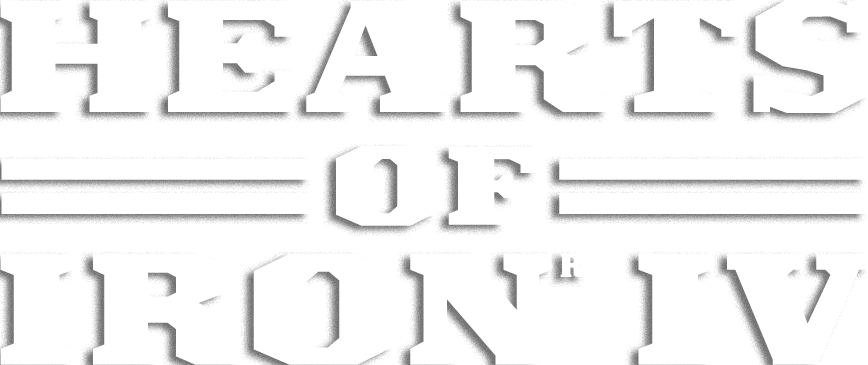The British committed three full-sized and well-equipped corps (including substantial corps-level assets); a "Saar force" composed of a division, an independent armored regiment, and several machine gun and engineering battalions; and three independent armored brigades attached directly to Lord Gort's BEF headquarters. The BEF walked straight into one of the great operational ruses in modern history, but to suggest it simply turned tail and ran at the first sign of trouble is neither fair nor accurate.
I think it is fair to say the BEF withdraw from the field of battle at the first sign of trouble. It was not by poor morale or disciplanary troubles of the BEF and the withdraw was in oposition to the War Office in London. It was by Gort's own decision.
Connelly and Miller argue that the British fought with determination when leadership was present and with clear orders, and Cairns argues that there was a break in co-operation between the British and French as a result of French inability to prevent a German breakthrough.
Mark Connelly and Walter Miller:
The BEF and the Issue of Surrender on the Western Front in 1940
“This article will examine the surrenders on the Western Front in May and June 1940 and argue that to attribute them to poor morale alone is an insufficient interpretation.”
“E.A.W. Williams said, ‘there was no shortage of fighting spirit, by God there wasn’t . . . we thought we were terrific. We were pretty good too.’ When the fighting began, many men were relieved and their spirits rose as they were given the chance to fulfill a useful role.”
“German sources too confirm that the BEF showed great resilience and willingness to fight.”
“Good leadership was inextricably linked with cohesion and communication. Men who were given clear instructions and understood what was expected of them maintained their morale and fought well.”
John C. Cairns:
Great Britain and the Fall of France: A Study in Allied Disunity
“Anglo-French military co-operation in the six weeks' campaign was effective only for the briefest period, that is to say, during the first days of the battle which opened early in the morning of Friday, May 10, 1940”
“[Lord] Gort's instructions of September 3, 1939, informed him that he was to carry out loyally any orders issued by Georges (commander of the the northeast theater of operations), but added 'if any order given by him appears to you to imperil the British Field Force, it is agreed between the British and French Governments that you should be at liberty to appeal to the British Government before executing that order'”
“Before the first week's of fighting was over, British confidence in the French army was irrecoverably destroyed.”
“It would, however, be unrealistic to attach too great significance to Billotte's death. Far more fundamental to the mis-carriage of Anglo-French co-operation now was the fact that Gort was taking a line of independence which could only lead to a total breakaway from the French scheme. As early as May 19 Pownall, his chief of staff, had telephoned the war office to say that it looked as if the French were not capable of closing the German breach and that consequently Gort was forced to consider withdraw to the coast.... Gort was ordered to cease thinking of withdraw and to concentrate on co-operating with the French.”


